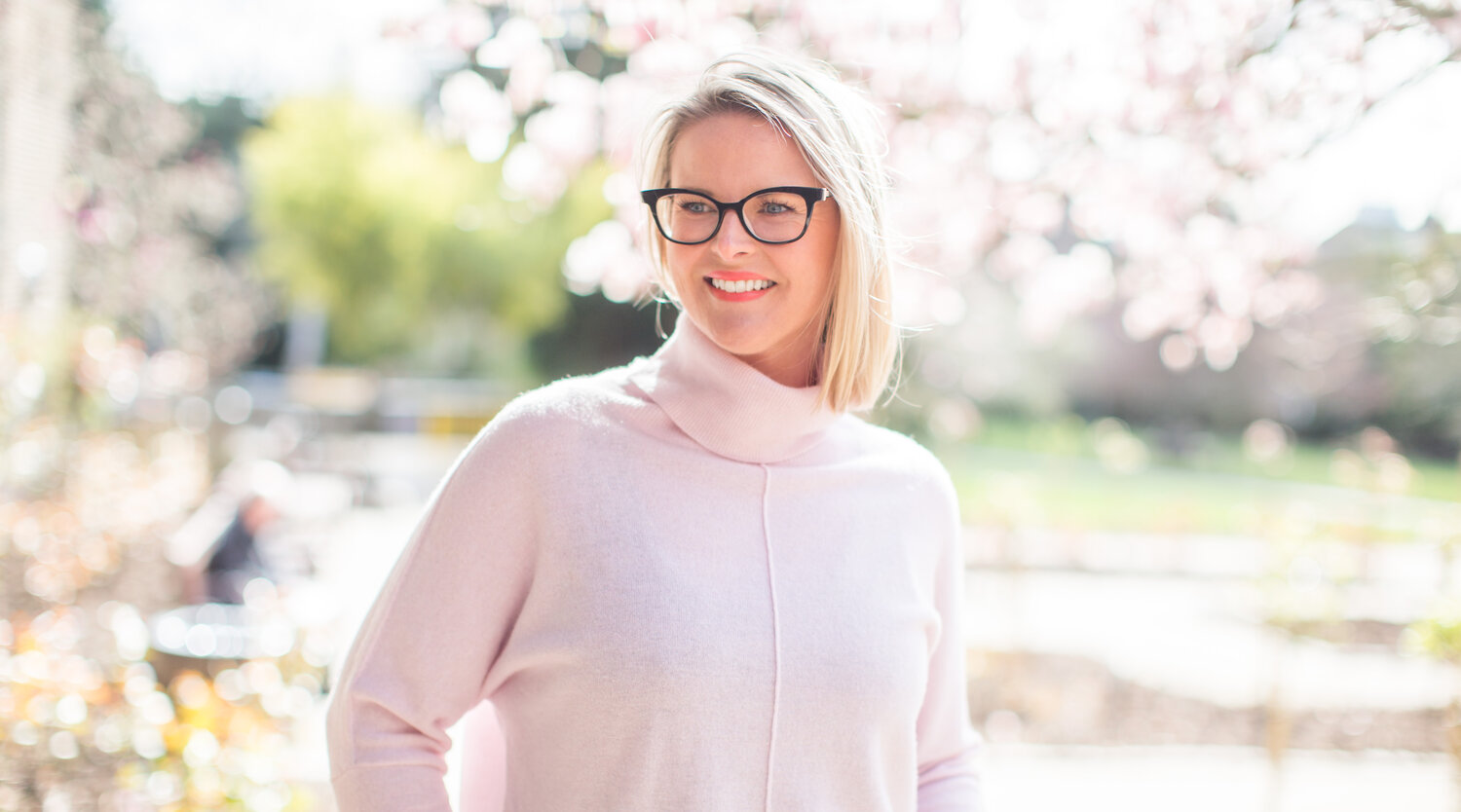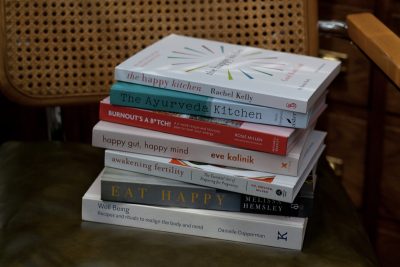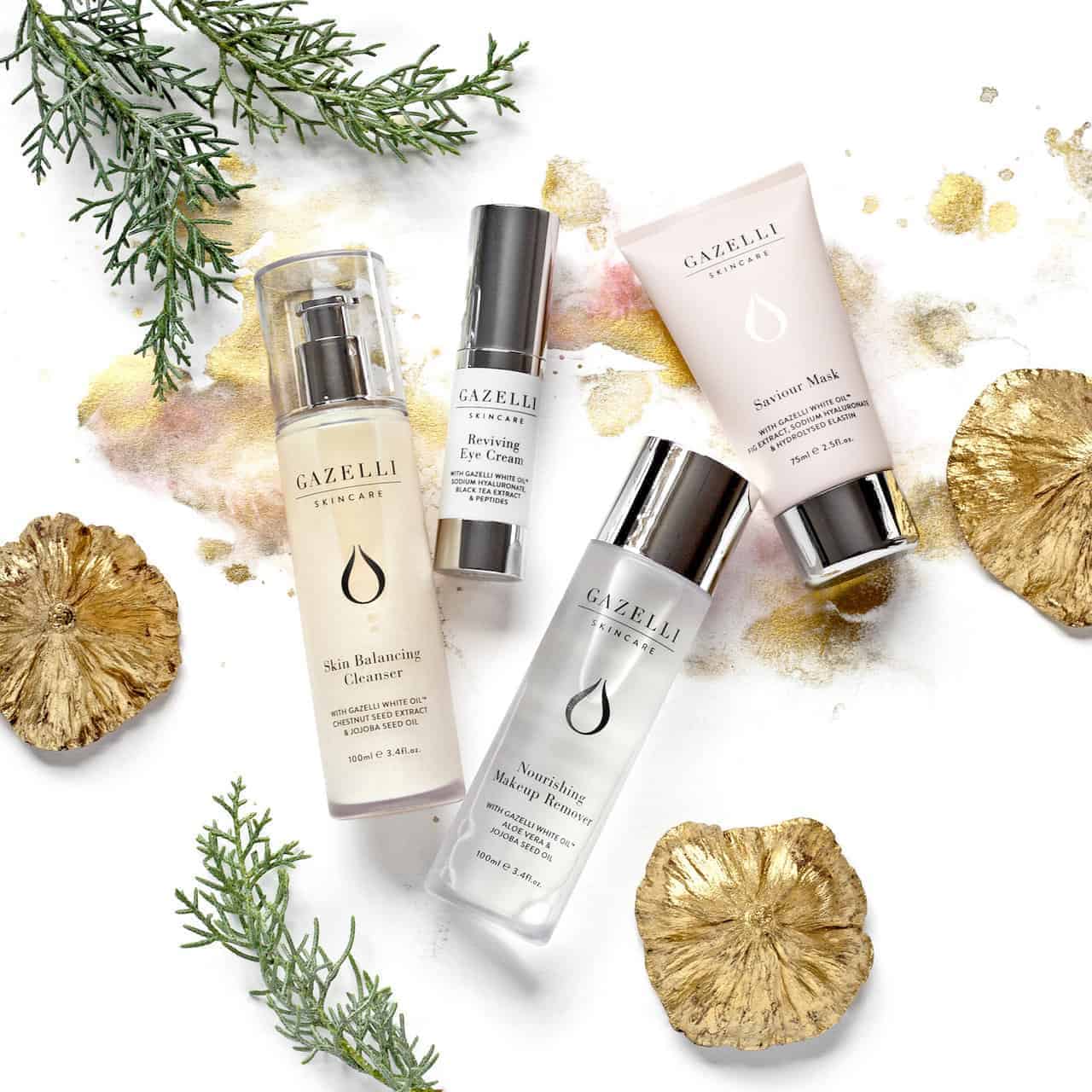
Suzy Reading: Resilience
Chartered psychologist, wellbeing specialist, yoga teacher and personal trainer Suzy Reading is the author of several books that offer self-care strategies to empower us, boost our resilience and help us to weather and recover from periods of loss, stress and change. So who better to ask about ways to build resilience in the face of the present lockdown and uncertainty?
A valued member of the Gazelli family, Suzy talked to our founder Jamila about ways to combat anxiety and stress and to help us to do the best we can in the current circumstances.
How would you define resilience?
Resilience is a big word at the moment – but I want to start first with explaining what it isn’t. Resilience doesn’t make us immune from life’s blows – from stress, loss, worry or grief. It’s not about denying our feelings and it’s not about never crying or collapsing into a heap. Instead, resilience is about our ability to keep putting one foot in front of another and to get back up after life knocks us for six. It’s about keeping on keeping on.
Why do you think resilience is so important right now?
I think there are valid reasons for all of us to feel anxious, overwhelmed or burned out at the moment. The things we would normally do to nourish ourselves are inaccessible and the burdens of parenting, working, overcrowding or isolation make us feel we are not firing on all cylinders. Lockdown is also bringing old behaviour patterns and old wounds to the surface – grief, bereavement and loss. So compassion and being kind to ourselves are key in navigating this tough time.
What do you advise for a day when people might feel close to despair?
It’s important to recognise that what works for one person may not work for another, so there is no single magic solution. This has been such a long-drawn-out period that it has become really challenging for our grit and staying power. So in terms of what I’d call ‘emergency emotional first aid’, we need practices to soothe our nervous system and help us to switch of the fight or flight mechanism. Simple things we can do to help us feel wrapped up in care include touch, words, movement, posture and breath.
I notice you are rubbing your hands together as you talk to me. Is this kind of touch helpful?
Gentle touch – from someone else or from yourself – releases feel-good hormones and makes us feel better. I’d recommend rubbing your hands together, as I am, to create a sense of warmth; placing your hands across your heart to feel it beating and remind yourself you are still going; patting yourself gently on the shoulder; or wrapping your arms around yourself in an embrace. In terms of words, choose tender phrases or a mantra to encourage, calm and reassure yourself. Helpful movements include rocking yourself to and fro as you would rock a child, or rolling your shoulders back to draw yourself into an upright posture and encourage a deep breath. Science has shown that the way we hold our bodies changes how we feel, with breadth across the collar bone and looking ahead giving us feelings of power, zest and optimism.
Can you say more about the importance of breath?
It is physiologically impossible to be stressed at the same time as breathing well. That’s not to say you can’t be worried, but you won’t be in stress response, where fight or flight is triggered. So learning how to breathe well is fundamental to staying anchored in a feeling of calm when life is throwing us all kinds of curve balls.
Have you any advice for helping to stop the chatter in the mind – especially for those of us who wake up at night and find it hard to switch off and go back to sleep?
If you are lying awake, make peace with wakefulness. Rather than trying to silence your thoughts, focus your mind to something that distracts you, something helpful. I find mantras very useful – my current favourites are: I give myself permission to be just one human being rather than having to be a whole team; I give myself permission to make mistakes; I forgive myself; and I soften into this moment – this allows me to access my resilience, creativity and empathy.
What is your perspective on children and parents? I believe your new book is directed at children ?
I’m very excited about my new book – This Book Will (Help) Make You Happy: 50 Ways to Find Some Calm, Build Your Confidence and Make Yourself Smile – because it’s written for children to read themselves. When we talk to our kids about practices such as mindfulness, they tend to switch off. So they need to hear it from someone else! The book has diagrams and illustrations to make it child-friendly – I’d advise parents just to leave it lying around and hope your children will pick it up. It’s aimed at 9+, but you could read it to younger children and I think teenagers would get a lot out of it too.
I think that as a parent, lockdown has been an opportunity to talk with my kids about emotional first aid. We are getting greater insight into each other’s lives and there is a genuine opportunity to deepen our bonds. For instance, I can share the ways I’m struggling and show them that grown-ups struggle too – this is the nature of life. You’ll be amazed at what your children will offer if you just have the conversation, and my book offers a framework to get you started. It’s easy to assess someone else’s experience through our own lens, but we are all wired differently. So let’s put judgment aside, communicate, and be as compassionate, thoughtful and caring as possible.
You can find Suzy’s new book This Book Will (Help) Make You Happy: 50 Ways to Find Some Calm, Build Your Confidence and Make Yourself Smile in the Gazelli shop here. We also have copies of her Stand Tall Like a Mountain: Mindfulness & Self-Care for Children & Parents, The Little Book of Self-Care, Self-Care for Tough Times and The Self-Care Revolution.





